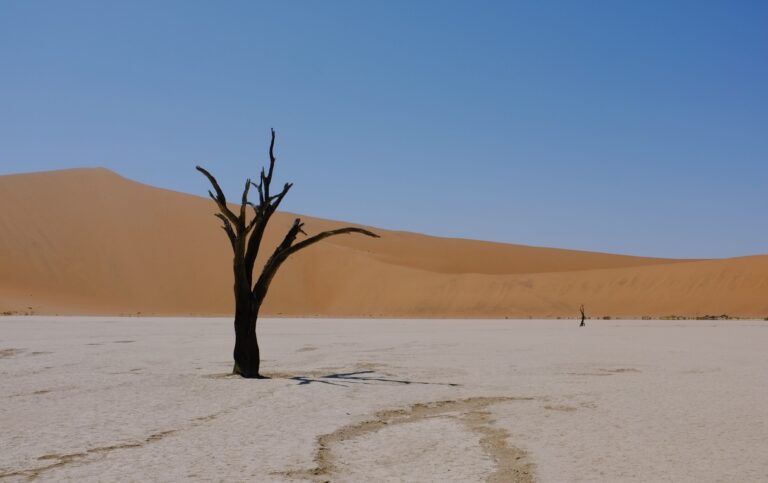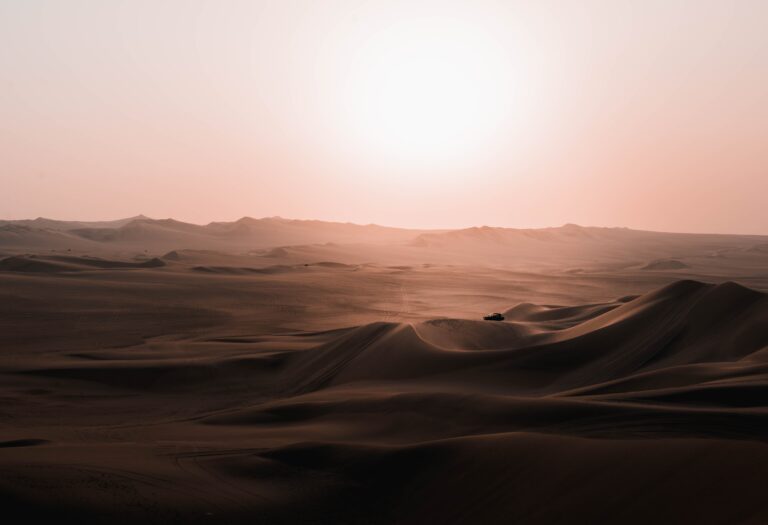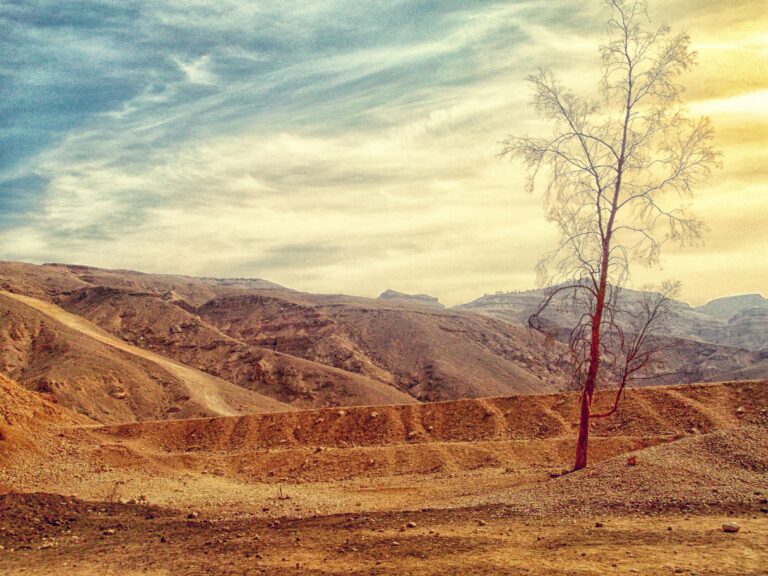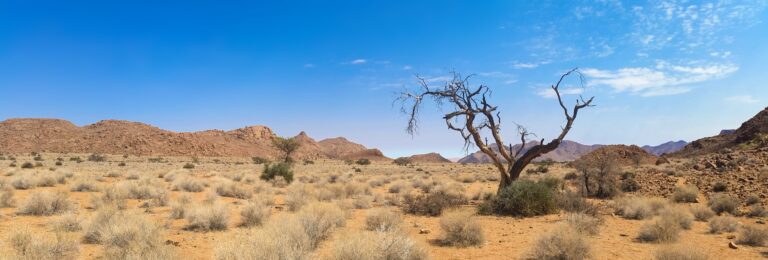A new enemy is inflicting More horror on Gazans — and You Can’t blame the Israelis for this one
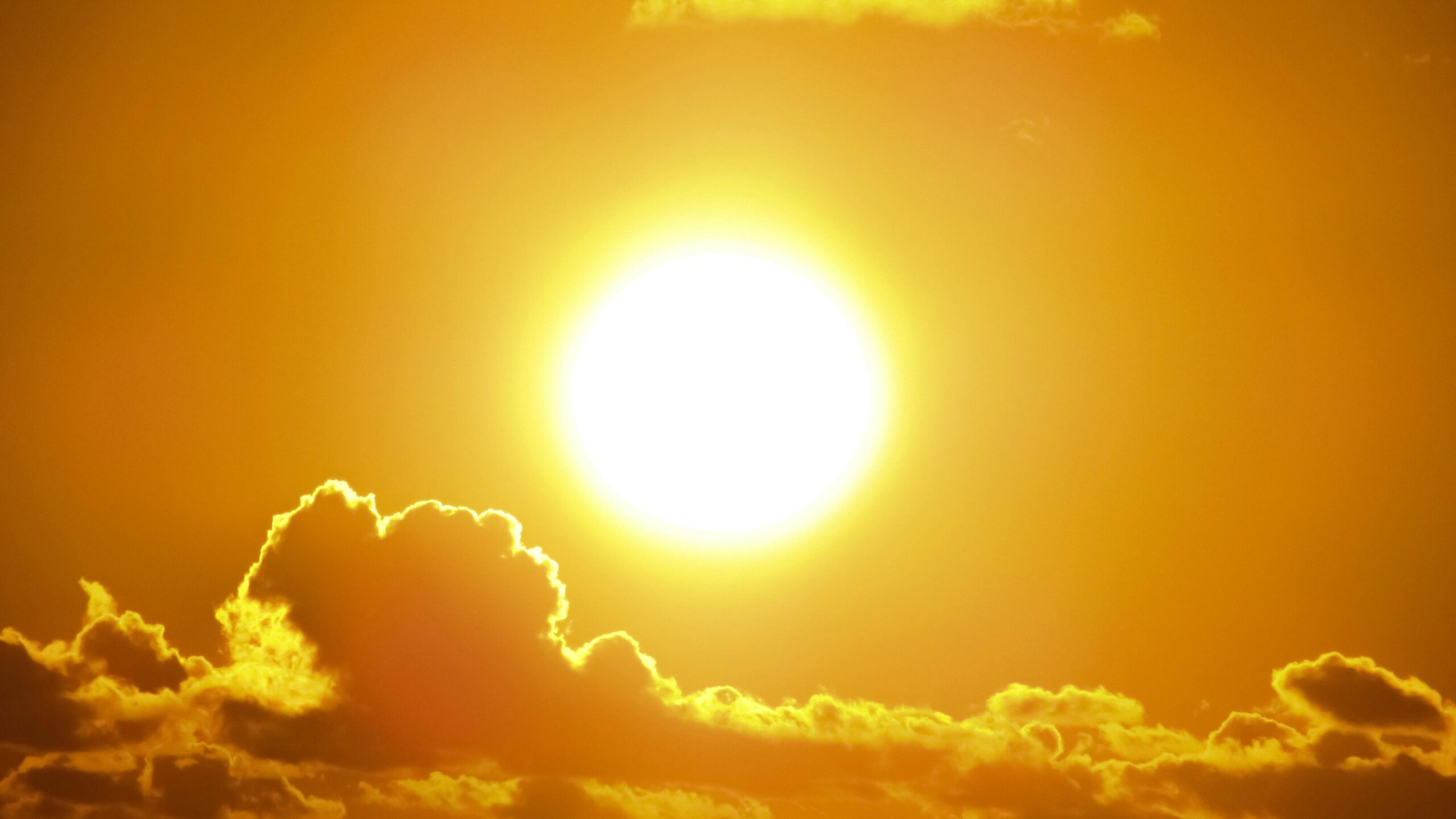
Could the situation in Gaza get any worse? Well, there’s the possibility that Israel could attack Rafah, the town on the enclave’s southern border that is the last redoubt of both a million Palestinians and the Hamas terrorists whose brutal October 7 attack on the Jewish launched the conflict.
And there’s the fears that food and other aid won’t arrive fast enough to save many from severe hunger and starvation.
MORE ON EXTREME WEATHER: Asia On Fire With Heat — 115 Degree Temperatures
MORE ON EXTREME WEATHER: It’s Got So Sizzling That The U.S. Government Has Added A New Color At The Top Of Its Heat Scale
Well, now you can add another threat — and one that has been exacerbated by climate change. It’s that as the cooler weather of the fall and winter turns into the heat of summer that temperatures boosted by global warming will make conditions unbearable. And on top of that is the fact that thermometers in the Middle East are rising twice as fast as the global average.
Meanwhile, the enclave has already had a deadly taste of what’s to come — the temperature in Rafah rose to 39.1C (102F) on April 24, 14C higher than the 30-year average for the same date. (The heat fell after two days and has remained seasonally normal.)
But it already has turned deadly: At least two children died from heat-related causes, Philippe Lazzarini, commissioner general of the Palestinian relief agency UNRWA, said in a social media post. And 18-year-old Palestinian woman also died in the heat wave.
“It is adding an extra layer of suffering on an already catastrophic humanitarian situation,” Tommaso Della Longa, spokesperson for the International Federation of the Red Cross and Red Crescent Societies (IFRC), told Bloomberg. And in refugees’ makeshift tents, most of which are plastic, “it’s like living in a greenhouse.”
Health organizations are also concerned about infectious diseases, which spread more quickly and widely in hot environments.
“With the hot summer and with high temperature, this is creating an atmosphere for all kinds of germs and pollution,” Abdelrahman Al Tamimi, the director general of the Palestinian Hydrology Group, a nonprofit that focuses on water and health issues, told NPR. “And of course, this is the main driver for waterborne diseases and airborne disease.”
The heat is also likely to hamper aid. “Everybody’s a little slower. You have to take more breaks and drink more water, which is in short supply,” Scott Anderson, UNRWA’s deputy director of operations in Gaza, told the outlet. “It does impact everything to do with manual labor, because it’s so hot and there’s not anywhere, really, to seek shade.”
Let’s hope that the things that heats up most quickly is the U.S.’s current attempt to help negotiate a ceasefire.


